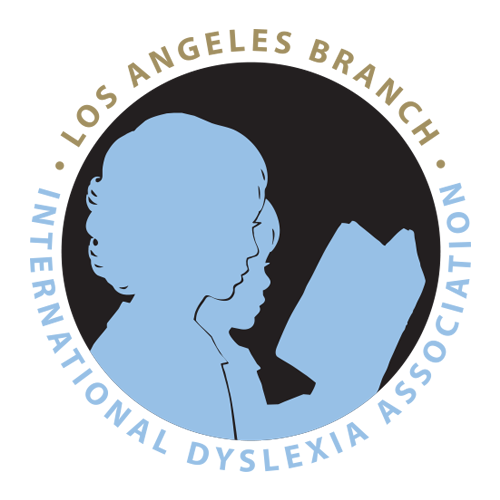Choose What You Pay — $35, $60, $85!
The IDALA wants to make this learning opportunity accessible to all members of our community. Proceeds will directly benefit IDALA's grants and scholarships programs for teachers and schools, serving students with reading difficulties in Los Angeles, Ventura, Santa Barbara, and Kern Counties.
Select a price and quantity to register for the full series (three live, virtual presentations in total):
Leveraging Assistive Technology to Support Struggling Learners
This series will take place over the course of three interactive virtual presentations on the following dates in August:
Tuesday, August 6, 9a - 12p PT (3 hours)
Thursday, August 8, 9a - 11a PT
Tuesday, August 13, 9a - 11a PT
Register before Tuesday, August 6 to receive live access via Zoom to all three virtual sessions. After that date, registrations will continue to be accepted on a rolling basis and access to live sessions will be made available as time permits. All registered participants, regardless of registration date, will receive access to recordings of the presentations.
Sequence of Topics:
Tuesday, August 6: Overview of Assistive Technology and the Research
What does the research say about technologies that truly support all learners? What tools should we be investing our time, talent, and resources into? Participants will learn clear research that points out the best parts of technology to harness in order to facilitate positive student outcomes.
This presentation will have three sections. In section one, to ensure a level playing field, the presentation will begin with an overview of Assistive Technology (AT). The definition of Dyslexia and high-incidence disabilities will also be reviewed. In the second section, a review of the research will be presented. Areas of research that will be covered include the effectiveness of AT, the impact of text-to-speech, the use of apps as AT, how a reader’s profile impacts what AT tool is used, read aloud accommodations, screen vs. paper reading, the impact on screen reading on comprehension, the influence of digital interactive textbooks on student outcomes, the impact of laptop use on student achievement, the impact of tablet-based technology on critical thinking and communication skills, educational technologies’ effect on student achievement, the change of the role of technology in our daily practice, and the importance of equity and accessibility being built in to the technologies we use. In the third section, based on the review of the research, what are the implications for choosing the right tool for the right student? What attributes should we insist on? How do these attributes change with developmental stages?
Thursday, August 8: Assistive Technology & the Law
Assistive Technology (AT) provides the vehicle for all students to access grade level content. As a teacher, how do you advocate for AT services for your students who need these supports? In this interactive session, participants will understand the term assistive technology (AT). They will learn about the national and state laws that require an AT evaluation, if deemed appropriate, as part of the IEP process. Participants will discover the best practices that guide the AT process; from evaluation, device procurement, to the delivery of services. When every student has access to grade level curriculum, it liberates each student so that every learner has the same opportunities.
Tuesday, August 13: Leveraging Assistive Technology to Facilitate Work Completion
Reading and writing skills present large challenges for students with dyslexia. Writing is the perfect storm for many students. It is an academic task that demands multiple skill sets from students. Reading also requires additional skill sets that are needed for comprehension. Text to Speech, Speech to Text, and Word Prediction are three easily accessible tools that lighten the cognitive load for our students. This session defines each tool, reviews the research on its efficacy and then gives instruction and/or resources on how to activate these tools on multiple platforms.
Facilitator:
Nanci K. Shepardson M.S.Ed., Ed.S. W.D.P. | Director of Accessibility and Assistive Technology Solutions, Wilson Language Training

